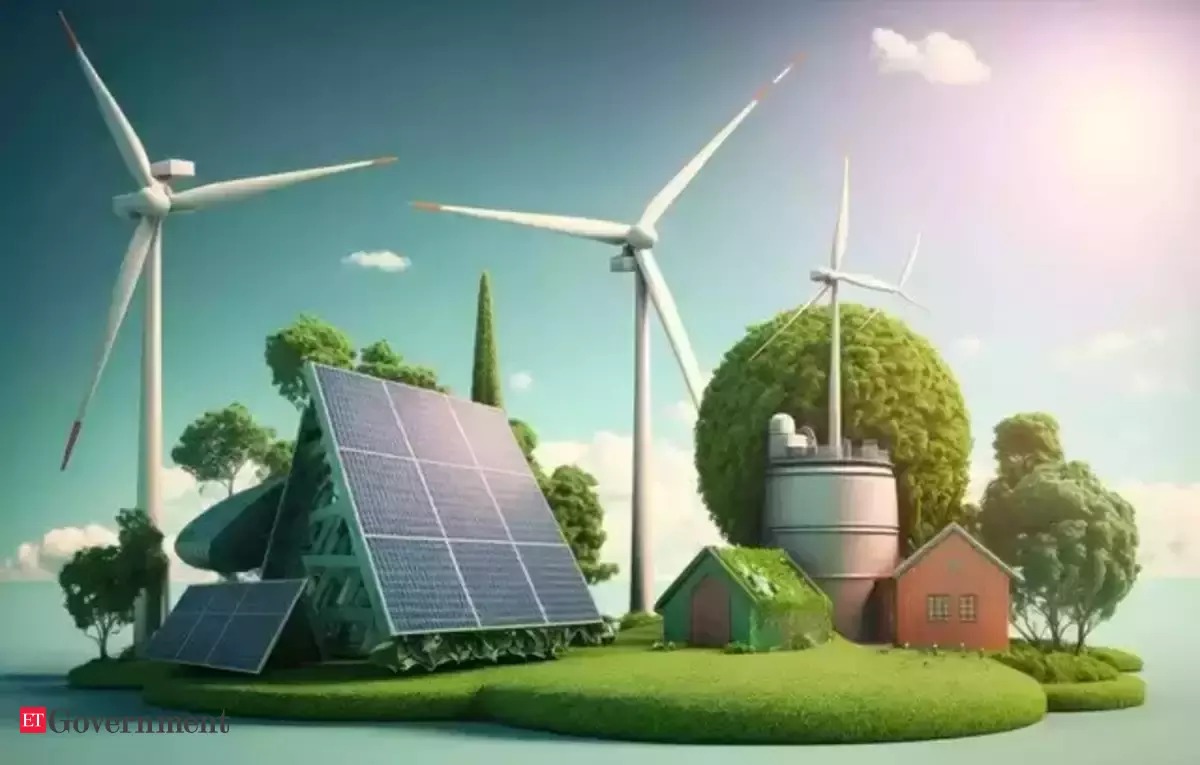India–US Trade Tensions Rise Over Steel and Auto Tariffs NMDC Limited reports a 38% drop in Q4 FY24 consolidated net profit RINL to Raise $23 Million Through Land Sales Amid Crisis

Green energy receives a substantial push in the Interim Budget 2024 as Finance Minister Nirmala Sitharaman unveils financial incentives for key sectors. The boost encompasses domestic rooftop solar, offshore wind projects, coal gasification, and support for biomass collection machinery.
Under the 'Pradhan Mantri Suryoday Yojna,' the Finance Minister announces plans for solar power installations in one crore households, resulting in significant monthly electricity savings and potential annual savings ranging from ₹15,000–18,000. The initiative is poised to create entrepreneurial opportunities for vendors and generate employment for skilled youth in manufacturing, installation, and maintenance.
Offshore wind projects receive a notable mention, with Sitharaman introducing viability gap funding (VGF) without specifying the allocated budget. This move gains significance amid India's current reliance on land-based wind farms, with the estimated VGF ranging between ₹6,000 and 6,800 crore.
Aligned with India's commitment to achieve 'net zero' by 2070, the Finance Minister highlights the government's approved coal gasification initiative. By 2030, a capacity of 100 MT for coal gasification and liquefaction will be established, aiming to curb imports of natural gas, methanol, and ammonia. The Union Cabinet's approval includes a substantial viability gap funding (VGF) of ₹8,500 crore for both the public and private sectors.
Financial assistance for machinery procurement to enhance biomass collection is also on the agenda. Furthermore, the interim budget mandates the phased blending of compressed biogas with compressed natural gas (CNG) for transportation and piped natural gas (PNG) for domestic purposes. This initiative, introduced in November 2023, aims to promote biogas consumption and reduce the country's dependence on crude oil imports.
Also Read : Ukraine's Interpipe delivers steel pipes for swiss Alps' Titlis Tower Oil extends losses as economic headwinds weigh on demand outlook